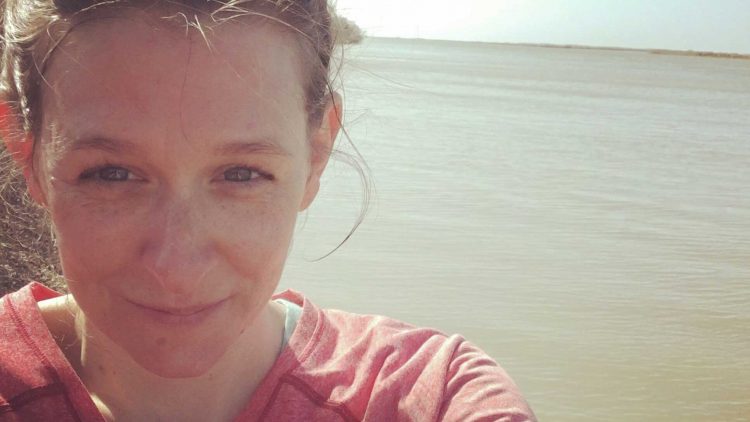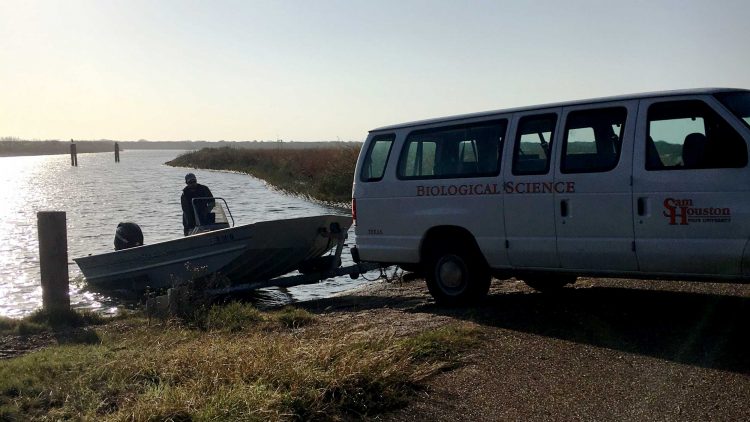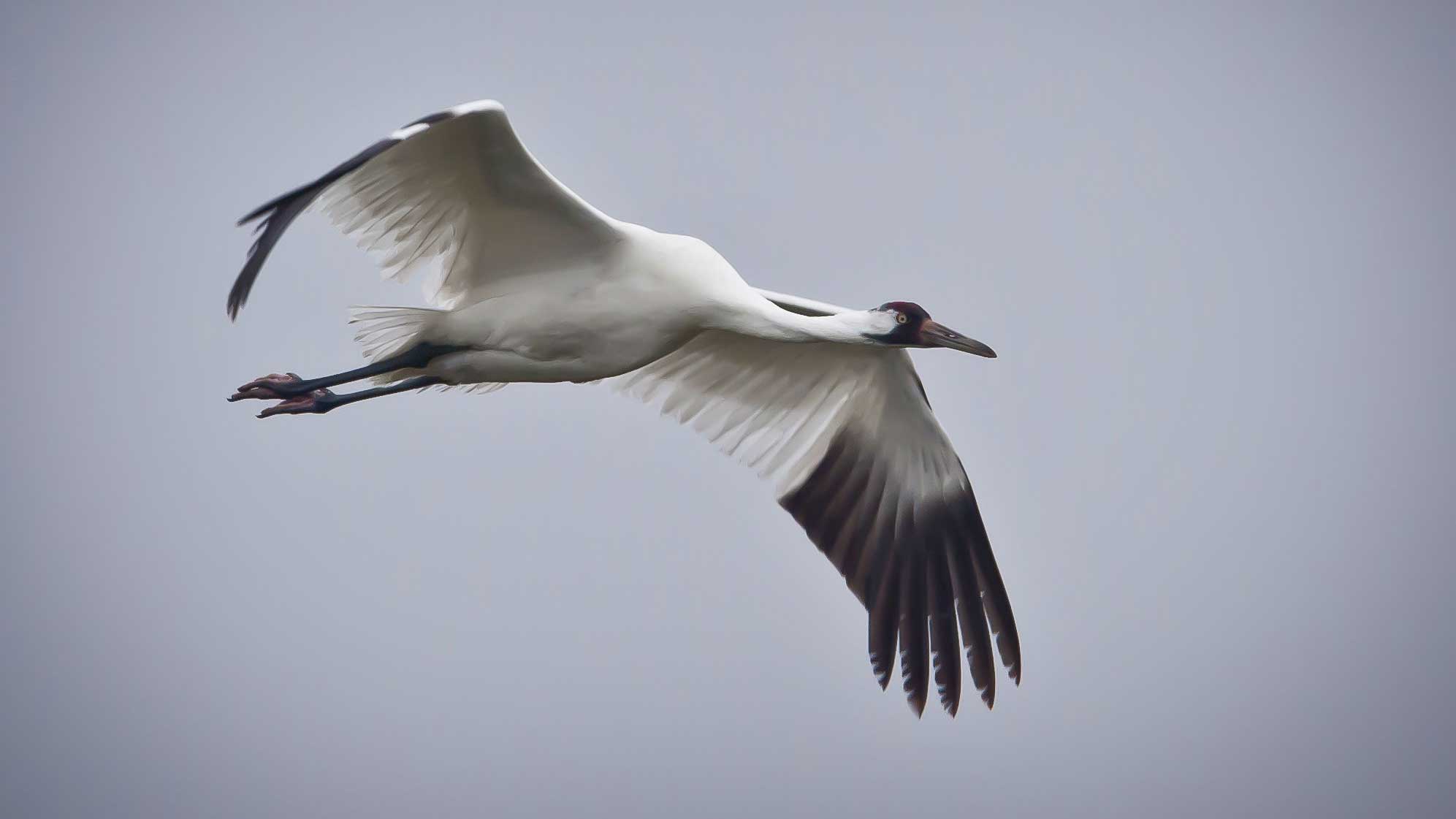Before I began work on Family of Origin, I had started to write a kind of dystopian, post-apocalyptic novel out of a state of despair. Then, I decided to interrogate my own thoughts about pessimism instead. I took a step back, and I thought, I’m actually interested in what it means to be a person alive today — who has to contend with the current climate of chaos and gloom. So I chucked the old book and started a new one. I’d been 175 pages in, but books have died later.
Family of Origin is about a movement of scientists called the Reversalists, who think evolution is running backward. They are wrong, but they’re so deeply misanthropic that they’ve started doing bad science to prove all of their bad opinions. The book is about that dystopian mood, that doom-and-gloom spirit, and what it would take for someone to go so far down the road that they almost give up on the world.
I have a bunch of evolutionary biologists and ornithologists in the book. Originally, there were scenes of these scientist characters doing science — and all the scenes in my first draft were of people endlessly shuffling through great stacks of papers — which was mortifying. So I went to the Aransas National Wildlife Refuge outside of Corpus Christi, Texas, to study the whooping crane, through an organization called Earth Watch, which pairs scientists with civilians who are interested in participating in research. This way I could getter closer to representing these characters’ work accurately.

Assistant Professor of English CJ Hauser
I spent 10 days tromping through the mud. On the trip, there were two other civilian participants, one lead investigator, and one graduate student. One of the participants was a retired oil industry executive who taught chemistry, and the other was an octogenarian named Warren who had been on 95 of these trips. I loved them both so much, and we were a misfit crew. We went out in a boat and looked at the environments where the cranes were — the food that was in those environments, the salinity and potability of the different marshy puddles.
We would do timed reports as we watched the cranes. There were codes for their behavior: were they foraging, were they resting, were they interacting with each other? Every 30 seconds, someone would shout out what they were doing, and we would mark that down as data. So here is a record of crane behavior from this place on this day, and then we would try to return to that spot later to say, “Okay, what’s actually available in this spot where this behavior was happening?”
I had a draft of the book written already, and I went through all the places where the main characters were meeting the various scientists. I thought about their research and how it would look — or not look — like what I witnessed, and then I built in scenes of them doing the work.

There’s a scene, for example, where someone is testing the salinity of the water with the same little device that I saw. It is a tiny detail, but it makes the difference between a book that is teaching you about those characters’ lives and something that feels like a stereotype of scientists. I want to avoid stereotypes.
I wound up giving one of the characters a backstory as someone who is part of the Earth Watch organization. On the trip, we were talking about what it might mean to be a despairing environmentalist who engaged with tourists in this way. Was that inspiring or was that depressing to have them along for the ride? Everyone is buying Save the Cranes bumper stickers but not doing much to actually save them.
We had sighting scopes to look at the birds, and one night, one of the scientists turned it upward to look at the moon instead. I had never seen the moon up close or looked through a telescope. I had this experience, and then here is this new thing that struck me in that moment. This image of the moon worked its way into the book, although it has nothing to do with research in a scientific way.
I think that a lot of writers are failed _______s. So maybe, as a child, you wanted to be a _______, and then you became a writer instead. There are failed historians, failed artists — I’m a failed scientist. I’m interested in the natural world. I’m interested in place and nature, and how my characters relate to them.


